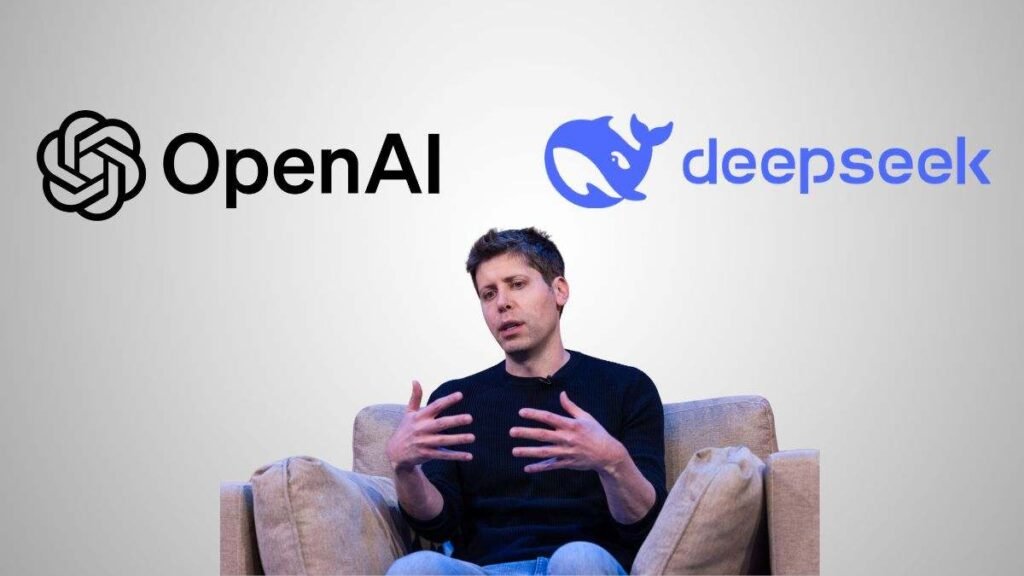Chinese startup DeepSeek is making waves in the AI market with its R1 model, which is said to compete with OpenAI and Meta.
Chinese company DeepSeek has managed to shake up the AI space with its innovative R1 model. The company, which was founded only in 2023, has already managed to surpass ChatGPT on Apple’s App Store in several regions, including the United States.
OpenAI CEO Sam Altman praised DeepSeek’s R1 model, calling it “impressive” and praising the company’s cost-effective approach. Altman also expressed confidence in OpenAI’s ability to develop even better models and seemed to welcome competition.
DeepSeek’s rise has also had a significant impact on financial markets, with Nvidia shares falling 17% on January 27, the biggest one-day drop in the US market. The Chinese company claims that its R1 model is on par with OpenAI’s model.
Altman didn’t just praise the competition, but also revealed that OpenAI is planning new releases and is focusing even more on its mission to develop Artificial General Intelligence (AGI). DeepSeek’s rapid rise, despite its short history, is a significant challenge to established tech giants and their LLM models.
The R1 model has attracted significant interest and could redefine the dominance of AI in the US.
OpenAI claims to have found evidence that Chinese AI startup DeepSeek used its models to train its own.
Evidence that Chinese company DeepSeek illegally used its models to train its rival system was presented by OpenAI to the Financial Times. The creator of ChatGPT found evidence of the “distillation” technique in DeepSeek’s models, a practice that directly violates the platform’s terms of use.
A few days ago, OpenAI CEO Sam Altman expressed his admiration for the new Chinese LLM. The distillation technique allows developers to improve the performance of smaller models using data from larger and more capable systems, achieving similar results at much lower cost.
According to a source close to OpenAI, while the practice is common in the industry, the problem arises when it is used to build competing models outside the platform. OpenAI’s terms of service explicitly prohibit “copying” its services or “using the results to build competing models.” Microsoft and OpenAI had already identified and banned accounts believed to belong to DeepSeek last year for suspected use of the API for distillation.
DeepSeek’s R1 model surprised the market and Silicon Valley by achieving high performance with limited resources. The impact was such that Nvidia’s stock fell 17% on Monday, wiping $589 billion off its value, amid concerns about future demand for expensive AI hardware.

David Sacks, a former AI adviser to President Trump, told Fox News that “there is substantial evidence” that DeepSeek “sucked” knowledge from OpenAI’s models, but he did not provide any specific evidence. The Chinese company claims to have used just 2,048 Nvidia H800 graphics cards and spent $5.6 million to train the V3 model with 671 billion parameters. Industry experts say the model’s responses suggest it was trained on data from OpenAI’s GPT-4. Ritwik Gupta, a doctoral candidate in AI at the University of California, Berkeley, says using data from commercial models to train new systems is common in the industry.
This way, companies get the human feedback stage for free, which is very expensive and time-consuming,” he explains. OpenAI emphasized in its most recent announcement that it is working closely with the US government to protect its most advanced models from attempts by competitors to appropriate American technology.
At the same time, OpenAI itself is facing lawsuits from the New York Times and prominent authors, who accuse it of using their content without permission to train its models.




